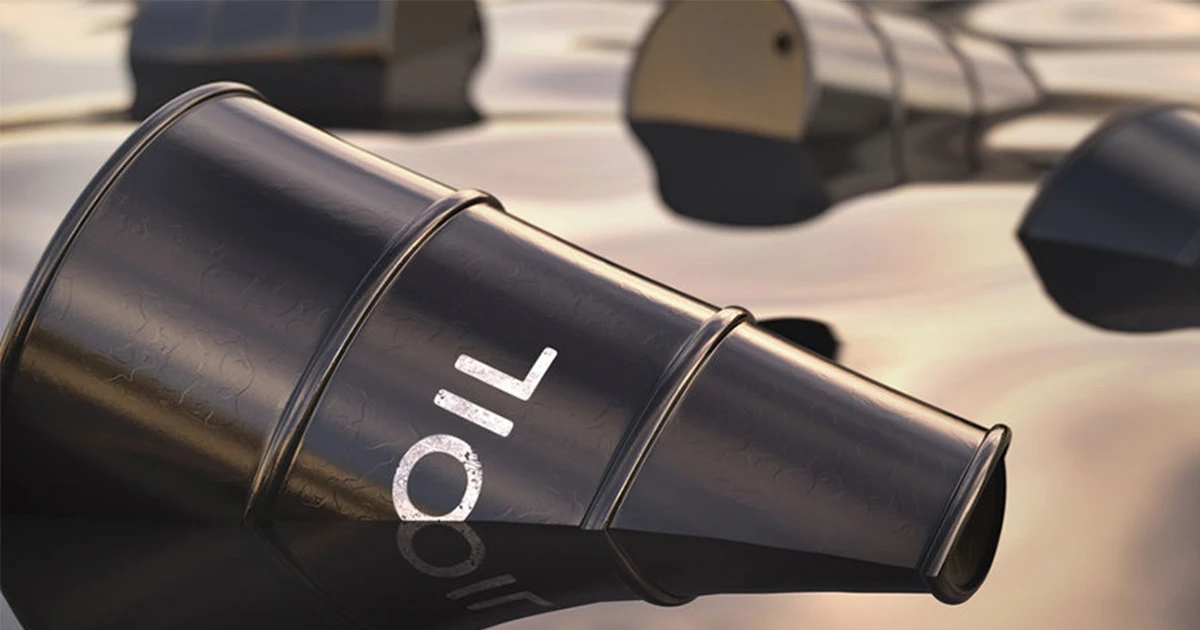Sanctions became one of the primary mechanisms that were supposed to prevent further enrichment of Russia for weapons purchases in other countries. A year later, the West stated that the sanctions struggle did not produce the expected results. The news that Great Britain bought 5.2 million barrels of fuel produced from Russian oil has exploded even louder. To make this possible, a grand scheme was worked out, and it is clear that not only the British were able to take advantage of it.
Those who believe the sanctions are ineffective are mistaken. Russia received 100 million pounds in tax revenue from the abovementioned imports alone. If the sanctions were to work in full, the Russian army would lack so much weaponry that it could really change the course of the war.
However, a mechanism has been established that allows oil to be sold from the Russian Federation to Europe, and it is based on the processing rules. Raw materials were delivered to India, and from there, they already went to Britain as non-Russian products. In this way, the law is followed, and the Russian military budget continues to be replenished.
The scheme is simple: crude oil that Russia sold to another country for processing. There, it goes through the necessary procedures, after which it is bought by Great Britain, mainly in the form of aviation fuel. The figure of 5.2 million barrels is only for 2023; the total amount for two years of the war is much higher.
So, the situation is as follows: the government of Great Britain officially condemns the aggression of the Russian Federation against Ukraine but at the same time supports the aggressor financially, using a “loophole” for the purchase of Russian oil.
If you look at it from a legal point of view, it really does not contradict the sanctions. India is the main “helper” in circumventing bans, but it is far from the only one. This list also includes China and nine other countries. So, instead of fighting Russia, sanctions actually allow other intermediary countries to make money, little by little raising finances from Europe, which pays them all.
In addition to Great Britain, the same “bypass” oil was imported by the United States through terminals in the Bahamas. There, it is mixed with another and legally transported to the buyer. However, the Americans showed more consistency and at least imposed sanctions on organizations that bought such raw materials above the agreed limit price. This step will prevent the high profits of Russian companies that export oil for sale.
Against the background of a decrease in the funding of Kyiv, such information looks on the verge of a foul. Whether something will change in the sanctions policy is still unclear. But one thing is clear: changes are needed, and even the most passionate partners of Ukraine cannot decide on them yet.


